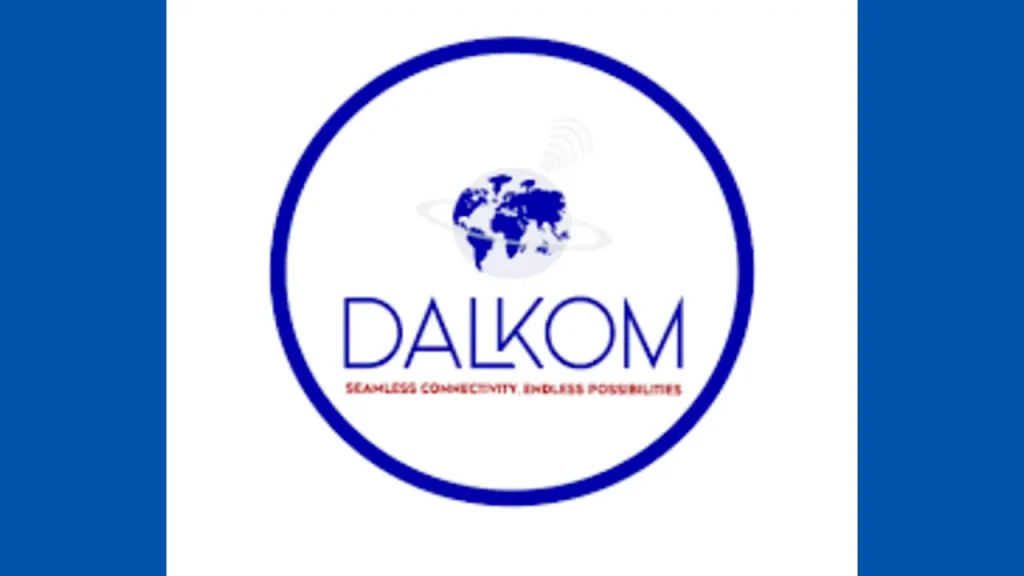- Dalkom Somalia is investing in subsea cable systems and data centres to enhance national and regional digital access.
- The Somali telecoms sector faces infrastructure, regulatory, and security challenges as it works to modernise.
Dalkom Somalia’s subsea expansion reshapes digital access
Dalkom Somalia, a privately held telecom operator, is building critical infrastructure to bridge Somalia’s connectivity divide. The company is a key investor in the East Africa Submarine Cable System (EASSy) and operates its own fibre optic landing station in Mogadishu, bringing international bandwidth directly into the country. By participating in the Djibouti Africa Regional Express (DARE1) and G2A subsea cable systems, Dalkom has expanded its international reach, enabling faster, more stable internet services across the Horn of Africa.
Through its tier-3 ready data centre and carrier-neutral interconnection hub, Dalkom supports the growing demand for cloud services, local content delivery, and regional data exchange. These facilities are not only transforming access within Somalia but are also helping to position the country as a transit hub for regional traffic. This strategic positioning could attract new investment and support local digital ecosystems, including fintech and e-learning platforms that rely on robust bandwidth and uptime.
Dalkom Somalia’s local strategy faces infrastructure challenges
Despite this progress, Dalkom must contend with several hurdles common to Somali telecoms operators. According to its official profile, the company operates under a fragile regulatory environment with limited government oversight. Frequent power outages, high operational costs, and security concerns in certain regions continue to disrupt service delivery and infrastructure expansion. Furthermore, the lack of national fibre backbones means that Dalkom must often deploy costly alternative links to reach more remote areas.
Nonetheless, the company is taking an active role in upgrading domestic networks. Its investment in metro fibre systems and IP transit services is helping to improve reliability in Mogadishu and key regional centres. Dalkom’s partnerships with global vendors and its involvement in capacity-sharing arrangements across cable systems also indicate a maturing approach to network development. As digital adoption increases across Somalia, Dalkom’s emphasis on both international connectivity and local infrastructure will be critical to sustaining the country’s digital growth.

